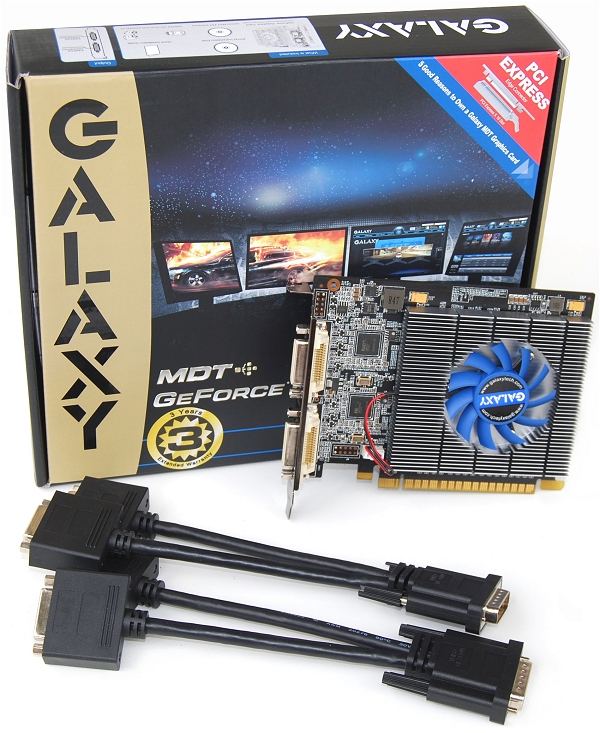Given the affordability of high-res, big-screen displays, people are increasingly adopting multi-monitor setups for gaming and productivity. Although it's easier than ever to outfit your home office with several 27" screens, it wasn't long ago that such a setup required pricey specialized hardware. Nvidia released its TwinView dual-display architecture back in 2001 and ATI followed with HydraVision on the dual-head Radeon 7500 and 8500.
Cheaply enabling more than two displays with a single card, however, is only a recent luxury for consumers. It wasn't until 2010 that ATI Eyefinity (now AMD-branded) shipped with the Radeon HD 5000 series, supporting three to six displays on one card. With Single Large Surface (SLS) technology, the cards can group together multiple monitors, which the operating system recognizes as a single ultra-high-resolution screen.

Nvidia responded to Eyefinity with Vision Surround on the GeForce GTX 400 series, supporting up to three monitors for a max resolution of 7680x1600 (2560x1600 per screen). In other words, Nvidia's single-GPU multi-display support is limited to half of AMD's. This isn't a major concern for gamers, who likely wouldn't want to run more than three displays on one card anyhow, but it's a limitation for productivity applications.
In fact, multi-monitor technology was originally designed for productivity and it's still the driving force behind such technology today. Graphic designers, video editors, stock traders and other professionals greatly benefit from several screens, but they don't necessarily demand the raw GPU power high-end gamers do. Hoping to address those needs, Galaxy has begun offering Nvidia's cards with enhanced multi-display support.
The board partner recently launched its Galaxy MDT GeForce GTX 580, supporting four screens for a maximum resolution of 7680x1200. However, being based on Nvidia's flagship single-GPU card, the solution is still a bit beefier (and pricier) than someone might need to view Photoshop or stocks across four screens. Thus, the company has introduced an affordable MDT X4 card based on the low-end GeForce GT 520.
